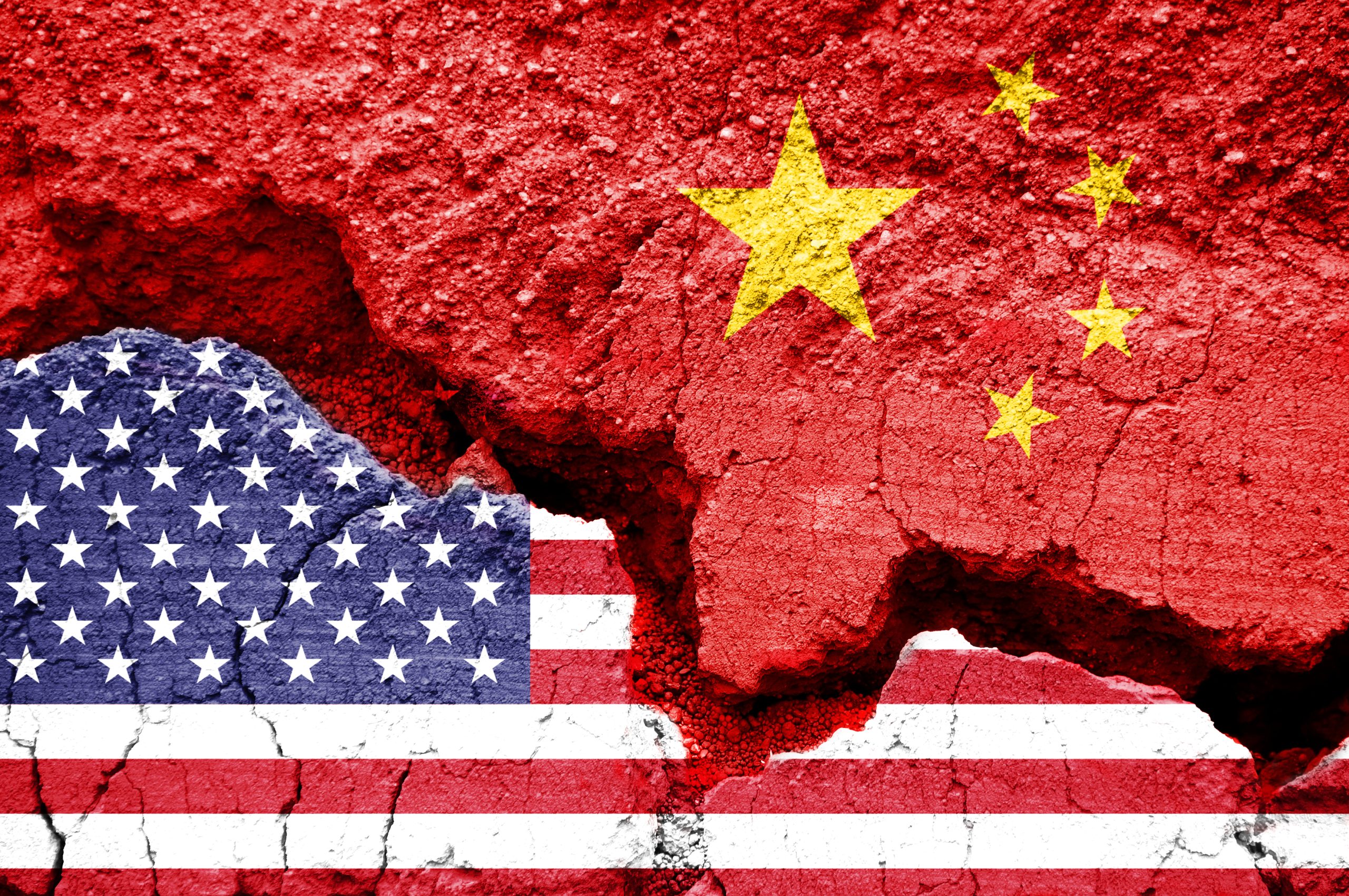In early 2025, Greece found itself at the crossroads of intensifying global rivalries. In February, NATO launched Exercise Steadfast Dart 2025, its largest military training exercise of the year, utilizing the port of Alexandroupolis as a key logistics hub for rapid deployment to Eastern Europe. Concurrently, the U.S. Department of Defense blacklisted COSCO, the Chinese firm holding a majority stake in Piraeus Port, citing alleged links to China’s military. These developments underscore a pivotal question for Athens: Can Greece navigate an autonomous path amidst the strategic contest between Washington and Beijing, or is it merely becoming the terrain upon which great powers vie for influence?
Greek Prime Minister Kyriakos Mitsotakis has repeatedly framed Greece as a “pillar of stability” in a volatile region—a phrase that has become a diplomatic mantra from Athens to Washington. This narrative gained traction in the wake of the 2021 renewal and expansion of the U.S.–Greece Mutual Defense Cooperation Agreement (MDCA), which granted American forces broader access to key military facilities, including Souda Bay and the port of Alexandroupoli. Since Russia’s invasion of Ukraine, Alexandroupoli has evolved into a strategic chokepoint for the movement of NATO troops and matériel toward Eastern Europe, bypassing the increasingly vulnerable Turkish-controlled Bosphorus. While these developments have certainly elevated Greece’s visibility within NATO, they also raise a deeper question: Is Greece actively shaping the regional security architecture, or simply positioning itself as a logistical platform in a contest whose terms it does not control?
The Piraeus Paradox – Economic Realities Meet Strategic Warnings
Nowhere is this strategic ambiguity more apparent than in the port of Piraeus. Since acquiring majority ownership in 2016, China’s COSCO has transformed the once-underperforming port into one of the busiest in the Mediterranean. Yet this economic success has come at a geopolitical cost. U.S. and EU officials have grown increasingly uneasy with the depth of Chinese involvement in Europe’s critical infrastructure—Piraeus standing as a particularly stark example. The European Commission’s 2023 “de-risking” strategy explicitly targeted foreign dependencies in ports, digital infrastructure, and energy. Meanwhile, U.S. security officials have publicly warned of Beijing’s potential to leverage infrastructure for intelligence or coercive economic purposes.
For Greece, this creates a real dilemma. On one hand, the COSCO investment has been a rare economic success story, reviving jobs and expanding Greece’s logistical capacity. On the other, continued reliance on Chinese capital may place Athens in quiet contradiction with its NATO and EU partners. The deeper issue is whether Greece has become economically entangled with the very actor its security alliances are now trying to contain. The Piraeus Paradox, in essence, is about more than one port—it reflects the core challenge of navigating great power rivalry without becoming collateral in it.
Strategic Autonomy? Or Strategic Subcontracting?
Greece’s situation also highlights the ambiguity—and fragility—of the European Union’s ambition for “strategic autonomy.” While Paris and Berlin debate the philosophical underpinnings of a sovereign European defense and foreign policy posture, Greece is already living the contradictions. It faces dual, and at times incompatible, pressures: unwavering support for U.S. security goals in the region, and the continued presence of Chinese capital in sectors deemed sensitive by Brussels and Washington alike.
Rather than pursuing autonomy, Greece risks sliding into strategic subcontracting—outsourcing economic growth to China while hosting Western military assets in return for diplomatic goodwill. In this model, sovereignty is transactional. The long-term danger is not just exposure to external pressure, but the hollowing out of genuine strategic agency. Unless Athens begins to shape the terms of its engagement with both Washington and Beijing, it will find itself managing contradictions rather than navigating interests.
Options on the Table – What Can Greece Do?
Despite these constraints, Greece is not without leverage. But to exercise it, a more deliberate and forward-looking strategy is required. Three steps could help rebalance its position:
- Diversify Infrastructure Partners: Athens should intensify efforts to attract a broader range of international investments—particularly in logistics, digital infrastructure, and energy. Building on past collaborations with German and French firms in Thessaloniki and more recent Emirati investments in the energy sector, Athens has an opportunity to gradually reduce its dependence on any single foreign entity. A diversified investment portfolio would not only enhance economic resilience but also align more closely with emerging EU strategies for de-risking critical infrastructure.
- Redefine the Eastern Mediterranean Strategy: Rather than acting as a geopolitical “forward base,” Greece could assume a convening role. Reviving and expanding trilateral formats with Israel, Cyprus, and Egypt—focusing on energy corridors, migration governance, and maritime security—could position Greece as a regional shaper rather than a site of projection.
- Speak Louder in Brussels and Washington: Greece must move beyond reactive diplomacy. It should push for a common EU framework on port sovereignty, demand more clarity from Washington on U.S. strategic priorities in the Eastern Med, and take a more active role in the shaping of wider Indo-Pacific–Europe linkages where China policy is being recalibrated.
Between the Giants, a Choice of Posture
Greece’s geography has always drawn the interest of outside powers—from classical antiquity to the Cold War. Today, its ports once again serve as gateways not just for commerce and logistics, but for strategy and influence. Yet there is a difference between being strategically located and being strategically influential. As great powers compete over infrastructure, alliances, and access, Athens must decide whether it will continue playing the role of grateful partner—or leverage its position into one of assertive diplomacy.
To paraphrase Thucydides, small states suffer what they must when they fail to define their own interests. Greece still has time to do just that—but only if it stops navigating by the preferences of others and starts anchoring its strategy in its own vision of regional and global order.
Dr. Nikolaos Lampas is an Assistant Professor of International and European Affairs at The American College of Greece. His research focuses on U.S. foreign policy, transatlantic security, and migration politics. He contributes regularly to public debates on transatlantic strategy, European security, and Greek foreign policy.



